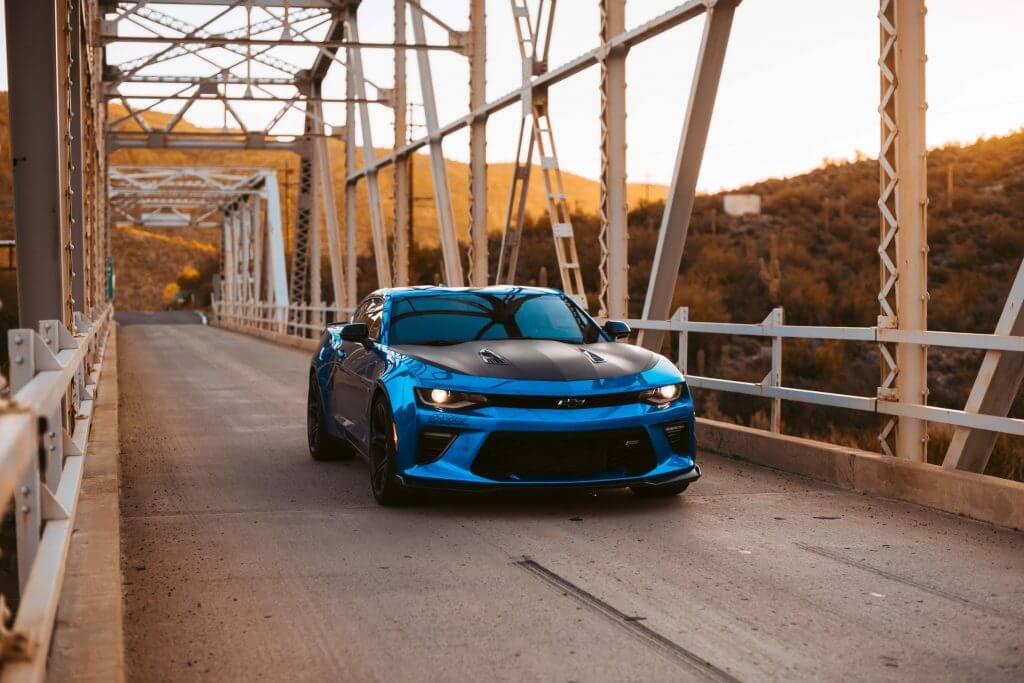
What to Consider Before Buying a Car?
Choosing a car is about what you need, not what you want. Working out a budget before you look at models and prices will make buying a car easier. It will also ensure you don’t waste anyone’s time. Furthermore, how much you’ll pay depends on the car you buy.
Once you understand the market value and know what model you want, you are ready to go hunting. And, there are also many ways to lower the final bill.
Simple running costs guide to follow when buying a car
These rules usually apply to running costs:
- Smaller engines are most efficient for town use and cheaper as they use less fuel.
- Usually, petrol cars are cheaper to buy than their diesel equivalents. However, diesel engines are more economical as they tend to use less fuel than their petrol counterparts.
- Manual gear cars are cheaper than automatics, but automatic cars are more fuel-efficient than manuals. This fuel saving could be reimbursed over time.
- Although electric and hybrid cars are cheaper to run, they cost more to buy upfront. Sticker prices fall as more of them enter the market. Soon, there’ll also be resale prices.
The best time for buying a car
There’s a right time to buy a car. If you have a dealer, it’s best to aim for the end of the month as salespeople have sales targets to reach. Or at the end of the quarter (mid-March, June, September, and December) as dealers will want to move cars and maximise sales.
Also, visit on a Monday or a Tuesday for a quiet dealership to negotiate better than a weekend.
One-year-old cars
One-year-old cars are cheaper than new cars. Say, a new 2017 Toyota Corolla GX lists around $31,000. In 1 year and with 10,000 – 15,000 KMs on the odometer, it costs around $20,000 – $22,000. That’s a 35% reduction and tails off yearly as the car ages. This is depreciation, and most Korean and Japanese manufacturers follow this rule.
This also applies to luxury manufacturers — BMW, Mercedes, and Porsche. However, compared to their Japanese counterparts, these manufacturers tend to keep more of their value.
Costs of a new car
Upfront and ongoing are 2 types of costs involved in buying a car. Upfront is the purchase price, while ongoing is everything else – from safety inspections to insurance to parking fees.
First, you’ll need to pick the car you want before you add up the costs of a new car. Start with any major purchase and look at reviews.
Car insurance costs
Your car insurance costs will depend on your car and driving history, while age and size also factor in. A small European car will be more expensive to insure than a bigger Japanese car because of the costs of its parts and repair.
So, if you want to spend less on insurance annually, a popular car with cheap parts will be cheaper to insure.
If you liked our “What to Consider Before Buying a Car?” and took away some valuable information, check our blog space constantly for more tips to get out of debt and updates on the best budgeting apps in Australia.




